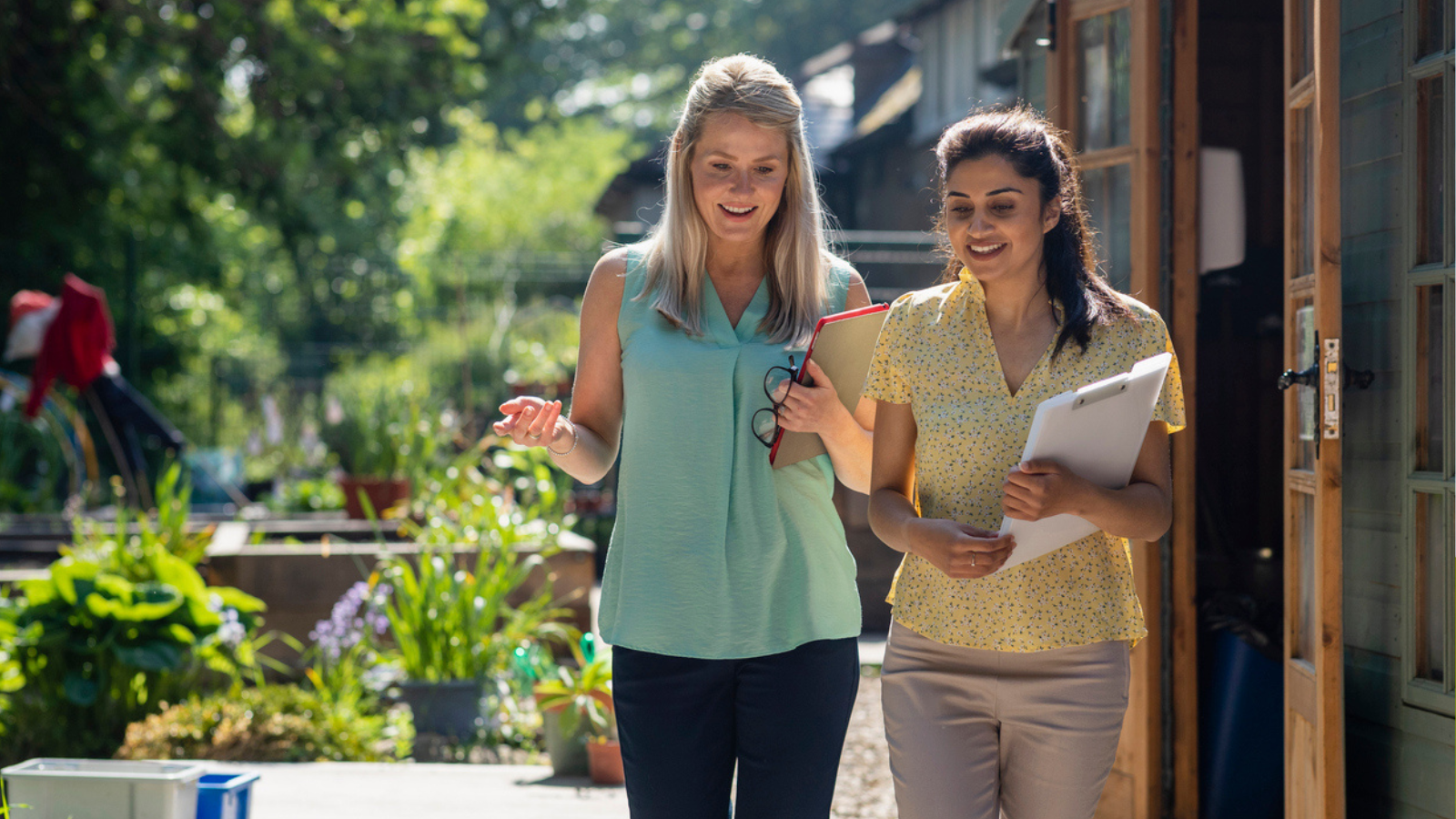From special measures to success: an improvement journey

Quick links:
Information about the school
Trelai Primary School is situated in an area of high deprivation and in Cardiff. The school currently has 381 pupils. 77% of pupils are eligible for free school meals. The school has a Flying Start Setting on site that supports early education and transition into the school’s nursery.
Context and background to the effective or innovative practice
In November 2017 the school was removed from the list of schools needing special measures. The school had embraced their improvement journey including the challenges presented during the Covid pandemic, the transition to Curriculum for Wales and the implementation of ALNET. Key to the school’s improvement has been its clear vision exemplified in the premise ‘We show respect, we act responsibly, we work hard’.
What does a school improvement journey look like when a school finds itself in Special Measures?
Leaders realised that what a cultural change was needed, recognising that the school was, in many ways, ‘stuck’ and therefore needing to do things differently. They felt that the school needed to call on the support of external practitioners who would bring a fresh perspective to the school’s work. The school seconded an experienced headteacher to work with a newly appointed school improvement officer, both to act as ‘critical friends’. The first important step was to fully understand the existing capacity within the school community. Leaders and staff analysed the contributions and expertise of all staff, creating improvement plans together, and empowering all at the beginning of the journey.as as we co-constructed the way forward.
The school undertook a restructure of teaching assistants and leaders. Key appointments included a Deputy Head for Teaching & Learning and a Deputy Head for Wellbeing & Professional Learning, both with distinct skill sets aligned to the challenges ahead. The renewed focus on self-evaluation processes and performance management ensured that those with new roles felt fully supported to carry out their responsibilities. Staff agreed the vision, and the resulting policies, procedures and practices, focussed closely on the areas for improvement and the impact on pupils. It was vital that all involved felt a sense of ownership and if actions did not work, plans changed accordingly. This was particularly in improving behaviour, engagement and attitudes to learning. Staff collaborated to establish a consistent approach to teaching, learning & wellbeing through a non-negotiable approach, together with professional discussion and inquiry work. This approach ensured that all staff were motivated, enabled and felt their development and contribution to school improvement was valued.
The school placed importance on ensuring consistency and stability during this period, enhancing the impact of evaluations and validation. School improvement partners worked in regular partnership with the school, supporting evaluation through reflection and finding suitable ways to address the needs of pupils and staff. This included times when staff had to have difficult conversations and make important decisions to bring about the change needed. Governors were very much part of the process, embracing new ways of working, bringing their own perspective and observations, asking questions, and clarifying the school’s position through regular visits to see the ongoing work in action. Visits from Estyn contributed to improvement plans, with inspectors challenging or confirming the improvement. Working as an extended team made a difference.
Building effective relationships continue to be central to the school’s success, involving pupils, staff, parents, Governors and outside agencies. Everyone involved matters and leaders seek their opinions and act upon them. The school celebrates its improvement milestones more and more and invites parents into school at every opportunity. Pupils actively track their own progress, identifying their next steps in learning and their contribution and engagement in learning experiences and through pupil leadership groups across the school enables the newly established positive culture and ethos to thrive.
The school now feels they are a central part of the community and that members of the community see the school as a cohesive group of professionals who want the best for their child. Pupils and parents know what is expected and how the school will support and encourage them during good times as well as when life is overwhelming.
What impact has this work had on provision and pupils’ standards?
The school has, over time secured, developed and sustained successful strategies and provision ensuring improved outcomes for pupils. Trelai is now a learning organisation for all pupils, staff and parents. School improvement is everyone’s responsibility, and collectively everyone contributes to improvement priorities.
How have you shared your good practice?
The school has shared its practice regularly with parents to support them in helping their own children. A mutual respect between school and home capturing moments of celebration fosters community cohesion.
Deputy Heads have collaborated through regular twilight sessions with cluster colleagues and school partner schools on teaching and learning, enabling current practice and inquiry outcomes to be shared.
Leaders at all levels attend national and consortia network meetings. Staff and pupils regularly welcome colleagues from other schools to share the school’s journey and practice.